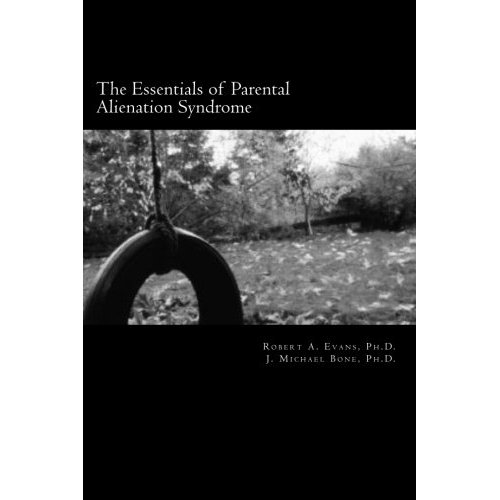Understanding the various roles that a hired expert might play in a Parent Alienation court case.
Sometimes an opinion held by a mental health professional will support an attorney’s case and provide testimony that attorney wants the court to hear. Ethical professionals are paid to come to court and explain their opinion to the judge, they are being paid for their time, not their opinion. When giving testimony the ethical professional is there to assist the court.
 Some think attorneys do not retain a testifying expert without first determining that their testimony will support their case. This doesn’t mean that the expert will tailor his or her findings and opinions just to meet the retaining attorney’s needs. In an agreement of understanding between a retaining attorney and an expert the terms of a work product review are clearly stated. At the conclusion of their work, the expert orally communicates their findings and opinions to the retaining attorney. When those findings and opinions are not what the retaining attorney wanted, the relationship between the attorney and expert is over and the findings are not disclosed.
Some think attorneys do not retain a testifying expert without first determining that their testimony will support their case. This doesn’t mean that the expert will tailor his or her findings and opinions just to meet the retaining attorney’s needs. In an agreement of understanding between a retaining attorney and an expert the terms of a work product review are clearly stated. At the conclusion of their work, the expert orally communicates their findings and opinions to the retaining attorney. When those findings and opinions are not what the retaining attorney wanted, the relationship between the attorney and expert is over and the findings are not disclosed.
When the opinions of the expert are considered supportive of the attorney’s case, the expert then either provides litigation support or to offer testimony. To conduct professional services otherwise will become transparent to the legal and mental health community to the detriment of the professional.
Both testimony and litigation support services are presented to the retaining attorney orally, rather than in writing. If such experts are identified and their findings and opinions are in writing they are likely to subject to disclosure in a discovery process. Initial findings and opinions can be subject to edit as the expert gathers and reviews information that surfaces as the preparation process proceeds.
Retained experts, unless having the opportunity to interview all concerned in a case cannot gather enough information to form a basis for opinions concerning the issues in a dispute. Experts who perform work product reviews and then testify to a court about their findings need to limit their opinions to the work that has been reviewed, or opinions about psychological principles or hypothetical questions. While it should be common sense, but according to the APA’s Ethical Principles of Psychologists and Code of Conduct such experts should not give opinions about the psychological functioning of the litigants or the children, unless they had opportunity to examine them. In addition, reviewing experts cannot give recommendations about custodial placement and time sharing.
An exception is when a hypothetical question is asked of an expert. There is a difference between a response to a hypothetical question, although it is transparent that the question pertains to the case at hand, and specific opinions offered about names individuals who have not been evaluated by the expert. The difference is if the hypothetical question is believed to assume facts not in evidence, misrepresent facts in evidence, or omit facts that, if included, might reasonably be expected to alter the opinion offered by the testifying expert, opposing counsel can object to the hypothetical as asked.
Reviewing experts are perceived as most effective when they are viewed by the court as having a genuine interest in educating judges about good scientific methods, flawed methods and how errors of omission or commission can mislead evaluators to provide flawed recommendations. Testifying mental health professionals who have had contact with litigants, family members or allies may be perceived as less objective, less concerned with sound methods and therefore, less credible.
Mental health professionals should either function as providers of litigation support services or as testifying expert, but not both in the same case. Trial consultants have been used to support criminal and civil legal teams for a long time. The use of such expert consultants is relatively recent in family law cases and there has been a tendency for family law attorneys to invite mental health experts to become involved in litigation support and to offer testimony.
In the role of litigation support the mental health expert adopts an adversarial mind-set. When offering testimony, regardless of who is paying the services, the mental health expert is obligated to assist the judge. The expert’s ability to assist the court is compromised when they are also offering litigation support to the retaining attorney.
Do you have a question about expert roles and their potential impact, or contribution to your Parent Alienation case? Ask it in the comments here, or connect with me on LinkedIn.


